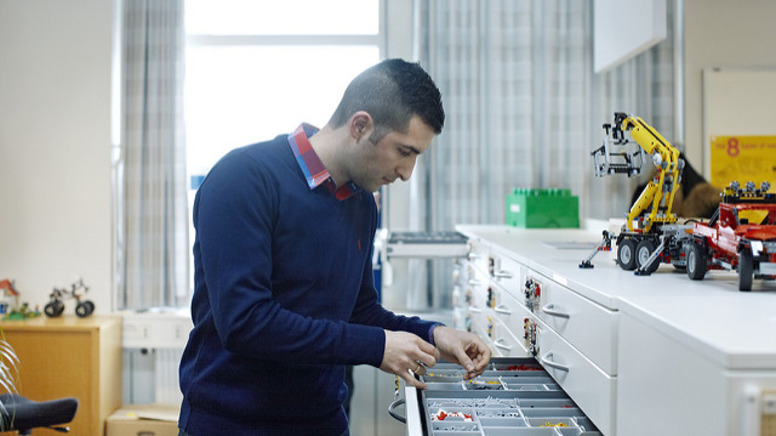Working in Denmark
Danish labour market

These agreements largely replace actual legislation and help ensure a peaceful and stable labour market. In addition, the trade unions also negotiate with the government – the so-called tripartite cooperation – about labour market policy on questions such as unemployment and insurance issues.
Flexicurity in Denmark
By European standards, the agreements on the Danish labour market are highly flexible, for instance with regard to working hours, overtime and hiring and firing of personnel. This also means that mobility is high within the Danish labour market.
In return for their high level of flexibility, Danish employees are guaranteed a relatively comprehensive social security in times of unemployment, illness or occupational injury. Social security is guaranteed by law to all employees. The combination of high flexibility and comprehensive social security is why the Danish labour market is sometimes referred to as based on a “flexicurity model”.
Law applies to foreign labour
The flexibility and security also apply to foreign labour. The law ensures that foreign employees are given the same rights as Danes on the labour market when the relevant permits and contracts are present.
Danish labour market
Learn more about the Danish labour market: